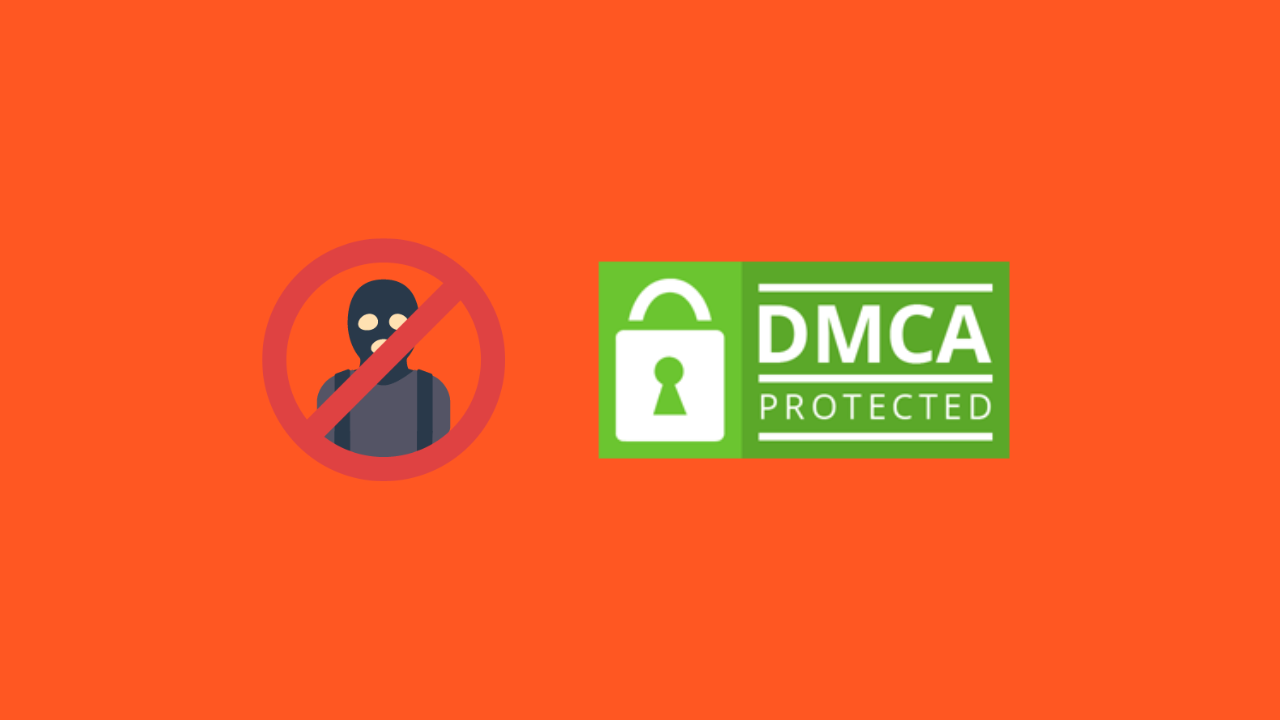As a website owner, you may have received a DMCA (Digital Millennium Copyright Act) notice from a copyright holder claiming that your website is hosting or linking to copyrighted material without their permission. This can be a stressful and confusing situation, but it& 8217;s important to know that there are steps you can take to handle these claims and protect your website. In this article, we& 8217;ll outline the steps you can take to handle DMCA claims and provide tips for avoiding them in the future.
Step 1: Understand the DMCA
The DMCA is a federal law that protects the rights of copyright holders by making it illegal to infringe on their copyrights. This includes copying, distributing, or displaying copyrighted material without the permission of the copyright holder. If you receive a DMCA notice, it means that a copyright holder has accused you of infringing on their copyrights.
Step 2: Respond to the DMCA Notice
If you receive a DMCA notice, it& 8217;s important to respond promptly and professionally. You should review the notice carefully and determine whether the material in question is actually copyrighted. If it is, you should remove the material from your website immediately and inform the copyright holder that you have done so. If the material is not copyrighted, you should inform the copyright holder that you will not be removing it.
Step 3: Register Your Domain Name
One way to avoid DMCA claims is to register your domain name with a reputable domain registrar. Registering your domain name can help protect your website from being taken down by a copyright holder. When you register your domain name, you& 8217;ll be asked to provide contact information, including your name, address, and phone number. This information will be used to contact you in the event of a DMCA claim.
Step 4: Use a Content Management System
Using a content management system (CMS) can help you avoid DMCA claims by making it easier to manage and update your website. A CMS allows you to create and publish content on your website without having to write code. This can help you avoid accidentally linking to copyrighted material or hosting copyrighted material on your website.
Step 5: Monitor Your Website
It& 8217;s important to regularly monitor your website for any copyrighted material. You can use a tool like Copyscape to check your website for plagiarism and ensure that you& 8217;re not hosting any copyrighted material. If you find any copyrighted material on your website, remove it immediately and inform the copyright holder that you have done so.
Conclusion:
DMCA claims can be stressful and confusing, but by following these steps, you can handle them effectively and protect your website. Remember to register your domain name, use a content management system, and monitor your website regularly to avoid DMCA claims in the future. And if you& 8217;re looking to register a free domain, you can do so using Register-it.click.













